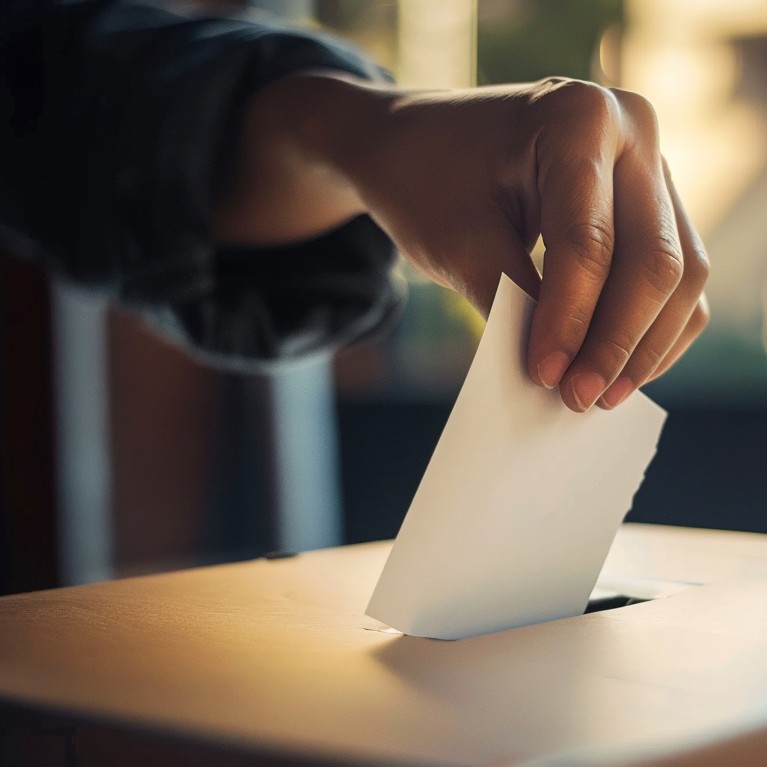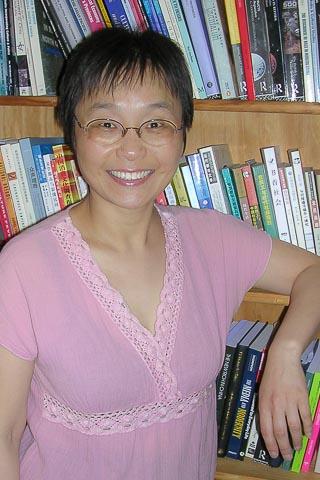- Posted on 5 May 2025
This article appeared in Crikey on May 5 2025.
Chinese Australians cannot claim to have clinched the deal on behalf of Labor, as they may have done last time, but they have clearly played a crucial role in some key seats.
First, the Coalition has failed to win back those Liberal seats with high numbers of Chinese-Australian voters that went to Labor in the last election. In Tangney in WA, Reid and Bennelong in NSW, and Chisholm in Victoria, Labor has not only retained its seats but achieved considerable swings in its favour.
Labor also gained some fiercely contested seats from the Liberals, courtesy of Chinese-Australians’ distrust of Dutton. Having run an energetic campaign in Bennelong, Scott Yung ended up losing, even after distancing himself from Dutton. Similarly, despite Keith Wolahan’s hard work during the campaign, many in his constituency in Menzies said they wouldn’t want to give their vote to Dutton, even though they liked the candidate himself. Consequently, Menzies, one of the electorates with the highest number of Chinese-Australian voters in the nation, fell to Labor, thereby ending — or at least disrupting — the political career of Wolahan.
Deakin, with Chinese-Australians comprising more than 13% of the voting population, has been lost by Liberal member Michael Sukkar, with Labor picking up the seat. (Data for this and other electorates cited here is extracted from ABS 2021 Census data, before the recent redistribution of electoral boundaries.)
Equally tellingly, even some formerly safe Liberal seats with high numbers of Chinese-Australian voters are now marginal. While Liberal member Julian Leeser has retained Berowra in NSW, he suffered a 6% swing to Labor; Berowra’s voting population is 15.2% Chinese-Australian. The situation is similar in Mitchell, NSW, where up to 15% of voters are of Chinese heritage.
Labor’s win has also ushered in three new MPs of Chinese ancestry: Zhi Soon (Banks, NSW), Julie-Ann Campbell (Moreton, Queensland), and Gabriel Ng (Menzies, Victoria). This brings a total of six Chinese-Australians into Labor’s parliamentary ranks — a remarkable shift from 2019, when the party had only Penny Wong.
AUKUS remains a serious concern for many Labor supporters in Chinese-Australian communities. What has transpired with the Chinese-Australian vote is less an unreserved support for Labor and more a resounding rejection of Dutton. A prolific vlogger widely known as Lao Xiao voted for the Greens but gave his second preference to Labor. In the weeks leading up to the election, he frequently posted video op-eds outlining the risks posed by a Dutton win. He is glad that the Liberals were defeated, but reserves judgment about Labor, telling Crikey:
The last two elections should be a clear message for all: play the China cards at your own peril. That said, a landslide Labor win is not necessarily a good thing for democracy. After all, Labor has many problems. AUKUS is one of them. Neither party has addressed the widespread public concern about AUKUS, which is a worry.
A certain level of disillusionment with Labor over its AUKUS policy has led some Chinese-Australian voters to look for possibilities outside the two major parties. Teal MP Monique Ryan knew the importance of Chinese-Australian votes, given that almost 20% of Kooyong’s residents have some kind of Chinese ancestry.
Similarly, in Bradfield, NSW, where 25% of the residents have some kind of Chinese background, teal candidate Nicolette Boele knew that if she wanted to wrest the seat from the Liberals, she had to win the Chinese vote. Both Ryan and Boele engaged Chinese-speaking advisors and made extensive use of Chinese-language media to promote their campaigns. Their stocks with Chinese-Australian voters rose even higher after they each came out against AUKUS.
The Greens openly advocate abolishing AUKUS, pursuing an independent foreign policy, and pushing an anti-war agenda. While all these policies are appealing to Chinese-Australians, the Greens were ineffective in their messaging to Chinese-Australian communities.
In contrast, Labor’s messaging was extremely effective. Its multicultural advisors have been very responsive to community sentiments and quick to capitalise on Dutton’s wrong moves. Wong is Labor’s not-so-secret weapon, and her messages to WeChat users via frequent video posts were nothing if not consistent: Dutton will always be Dutton, and Labor always values Chinese-Australians, not just at election time.
Some Chinese-Australians started this year thinking they may no longer need to vote on political grounds as they had last time, given that Australia–China relations have stabilised, and the anti-Chinese racism they experienced during COVID has somewhat subsided. Furthermore, the Liberals’ ideas about hard work, family values, individual success, and a pro-business ethos typically resonate with many Chinese-Australians. Although some traditional Liberal voters still had misgivings about Dutton, it was conceivable that this time the Liberals could at least win back some key seats such as Chisholm and Bennelong, while retaining Menzies.
The mood started shifting in late February with the arrival of Chinese naval ships close to Australian waters. Unable to resist using this incident to paint their opponent as “weak”, Liberal politicians were quick to put back on their hawkish garbs. From then onwards, with Dutton signalling he would bring back Mike Pezzullo, the Liberals doing a preference deal with One Nation, and Senator Jane Hume calling Chinese-Australian Labor volunteers “Chinese spies”, many Chinese-Australians began again to see the Liberals as they had prior to the 2022 election: prone to warmongering and Sinophobia. For some Chinese-Australians, the last straw was reading The Age story that alleged Chinese Labor volunteers were agents of Chinese influence, and absorbing the subsequent pile-on by Liberal politicians such as James Paterson and Jane Hume.
A Melbourne-based community leader who prefers to remain unnamed told Crikey:
I chose not to vote for the Liberal Party because of the behaviour of some of its frontbenchers, such as Jane Hume and James Paterson. They acted irresponsibly and divisively by publicly claiming or implying that there were spies among Chinese volunteers during the election. These unfounded accusations infringed on the legitimate democratic rights of Chinese-Australians, and contributed to the alienation of Chinese-Australian communities.
Emeritus Professor Roy Green, UTS, observed wryly to Crikey: “The Liberals want the Chinese votes and anti-Chinese votes simultaneously. That could be tricky.”
The 2021 Census counted approximately 1.39 million people of Chinese ancestry in Australia. But this is an extremely diverse group in terms of birthplace, political views and migration trajectories; around half a million of them were born in mainland China. Over the last several years, particularly since the last election, Chinese-Australians have realised they have become a significant political force in multicultural Australia, and that their vote is a powerful way of making their voices heard.
For a long time, the default narrative in public commentary about Chinese-Australians was that they were either vulnerable to political coercion or scrutiny by the Chinese government, or were willing or potential agents of Chinese influence. But seldom acknowledged is the enthusiasm with which a growing number of Chinese-Australians are engaging in democratic processes such as voting, and their eagerness to develop a sense of political belonging in this country.
Having cast her vote, Melbourne-based Isabel Zhang, CEO of the Australian Institute for Diversity in Mental Health, posted this on LinkedIn:
Yesterday, I cast my vote in the Australian federal election, for only the second time in my life.
As a first-generation migrant, I didn’t grow up with democracy, particularly like many of us from Asian-Chinese backgrounds, politics once felt distant, even irrelevant. But standing in line, speaking with strangers, feeling the quiet dignity of participation, I felt deeply moved. We live in a country where democracy is not just protected, but lived. Peacefully. Proudly. Whatever comes next, one thing is certain: Democracy isn’t abstract. It’s deeply personal. And every time we show up, we shape its future.



